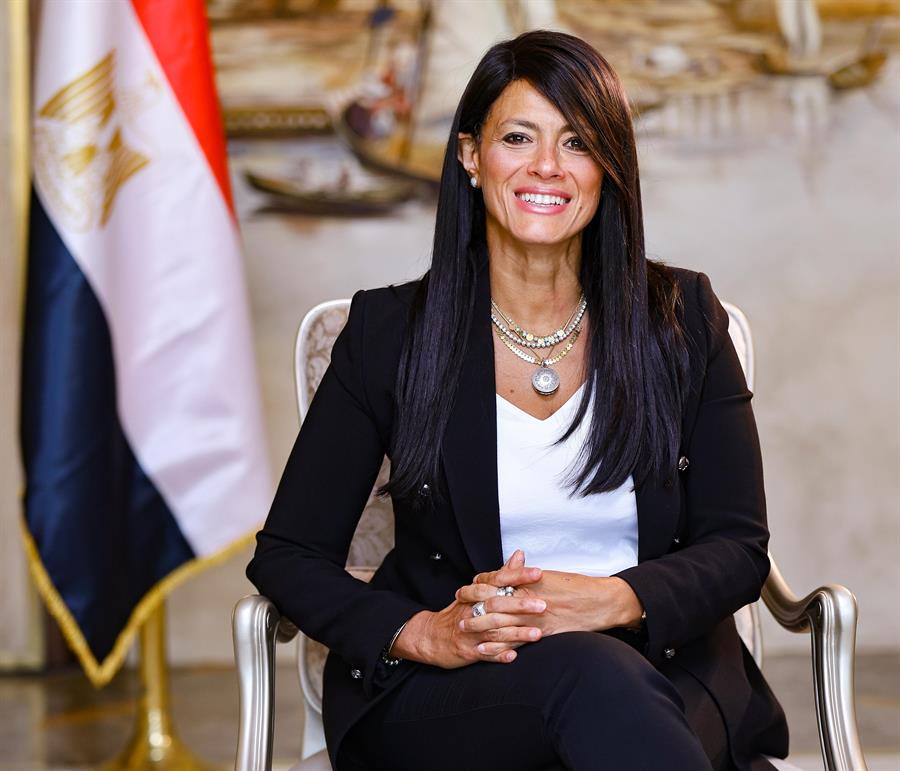Minister of Planning and Economic Development announces the allocation of 6 mobile technology service vehicles to provide government services in the Administrative Capital

12 December 2021
H.E. Hala El-Said, Minister of Planning and Economic Development, announced the allocation of 6 fully equipped mobile technology centers to provide government services in the New Administrative Capital, as part of the transfer of ministries, government agencies, and their employees to the new headquarters in the capital.
El-Said said that the cars of the mobile centers come intending to facilitate the workers who are moving to the capital and the citizens.
She indicated that the Ministry of Planning and Economic Development has allocated fully equipped mobile technology centers to provide government services in coordination with government service-providing agencies, as it is intended that these centers provide real estate registration and documentation services, civil status services, and other new services.
El-Said indicated that the cars of the mobile technology centers will be distributed by two cars for each of the residential neighborhoods in Badr City, the residential neighborhood R3, and the government neighborhood.
The Minister of Planning and Economic Development stressed the importance of the mobile technology centers project, which aims to reduce the congestion of citizens in the places of service provision and to facilitate adequate access to services to achieve citizen satisfaction, which contributes to the speedy completion of government transactions in line with the state's orientation towards digital transformation.
El-Said also indicated the state's keenness to develop the performance of government services and the means to provide them in the least possible time and at a cost commensurate with the nature of the services provided. This is within the framework of working to achieve transparency and integrity in the government apparatus, and to provide better and faster service to the Egyptian citizen, in line with achieving the objectives of Egypt’s Vision 2030.
Ministry of Planning and Economic Development had, a few days ago, handed over a new batch of mobile technology service centers, amounting to 13 centers, to the Civil Status Sector of the Ministry of Interior, the Industrial Development Authority of the Ministry of Industry, the Egyptian Medicines Authority, and the Spatial Information Infrastructure Integration Project for surveying.
This brings the total number of mobile technology centers handed over by the ministry to the authorities to date, 101 mobile technology centers, of which 62 were delivered in the fiscal year 20/2021, and 20 centers were delivered on November 8, in addition to 13 centers that were delivered days ago, and 6 centers to the capital.
81 mobile technology centers are being prepared for delivery to the authorities during the current fiscal year.









